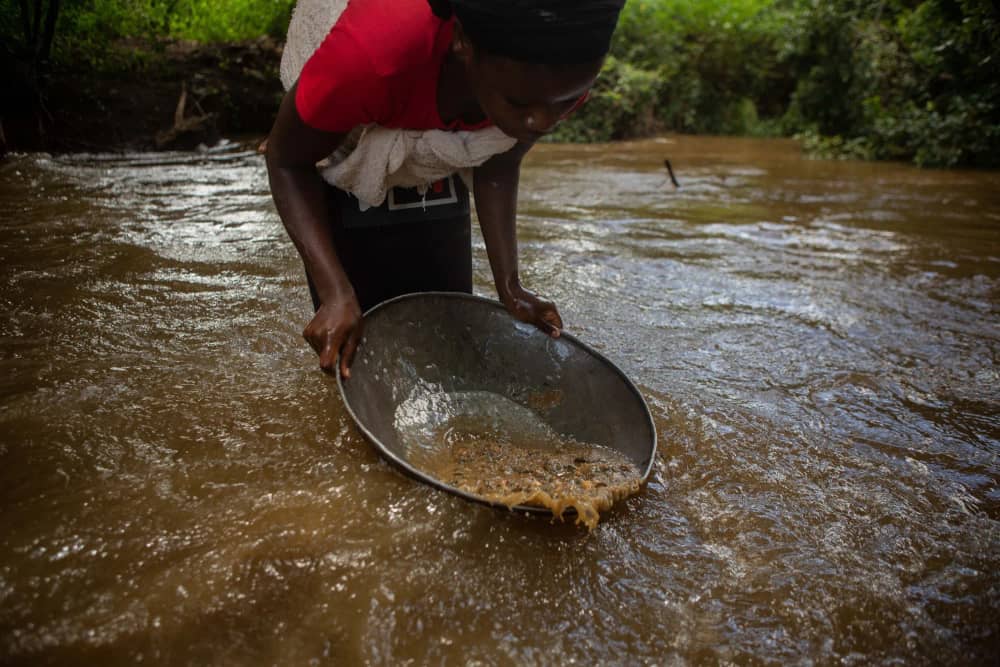Innocent Sibonginkosi Ncube
Harare — The Government has officially banned all alluvial mining operations effective immediately, imposing strict penalties for violations.
Individuals or companies found engaged in alluvial mining will face fines of no less than US$5,000 or up to 12 months in jail, according to new regulations gazetted recently.
The new law, designated as Statutory Instrument 188 of 2024, mandates that all holders of riverbed and alluvial mining permits and licenses cease operations immediately.
This directive follows a Cabinet decision made in August to outlaw riverbed mining entirely.
“No person shall, with effect from the promulgation of this section, conduct alluvial mining activities or carry out prospecting for alluvial deposits in or along any river or public stream,” the law states, referencing the definitions outlined in the Water Act.
The ban on alluvial mining is comprehensive, with no exceptions made for holders of special permits or those who have conducted Environmental Impact Assessments. The law explicitly states that even those with previously valid permits or licenses are now invalidated.
“…whether or not they are in possession of — (i) a special grant; or (ii) an express written authority of the Minister responsible for administration of the Act… any authority, permit or licence whatsoever under whatever enactment issued that purports to authorise alluvial mining activities…,” the Statutory Instrument specifies.
Additionally, the law empowers authorities to confiscate any equipment, machinery, or vehicles used for alluvial mining until the legal case is resolved, regardless of whether the owner was aware of its illegal use.
Amkela Sidange, spokesperson for the Environment Management Agency (EMA), referred inquiries to the Permanent Secretary in the Ministry of Mines and Mining Development, Mr. Pfungwa Kunaka.
In a brief response, Kunaka stated,
“First and foremost, there was a need for a legal framework (to ban illegal mining) … the Ministry of Environment (Climate and Wildlife) and EMA have come up with a Statutory Instrument for that.”
Wellington Takavarasha, chief executive officer of the Zimbabwe Miners Federation, expressed his intent to review the new regulations thoroughly.
“I need to comprehensively study the document,” he said.
In a post-Cabinet briefing on August 20, Cabinet officials noted the significant environmental damage caused by alluvial mining since it began in 2011.
“Large-scale and mechanical alluvial mining or riverbed mining has resulted in water pollution, siltation, degradation of river channels, and disruption of riverine ecosystems,” they stated.
Alluvial mining, which involves extracting minerals from riverbeds and floodplains, poses considerable risks to both the environment and human health. The use of mercury and other chemicals in these operations has been known to contaminate local water supplies.
Prior regulations had already restricted alluvial mining activities near water bodies and mandated Environmental Impact Assessments for such projects.
Recent amendments have further tightened controls, including a ban on the use of mercury and cyanide in mining practices.
As the government moves to enforce these new regulations, the focus remains on protecting Zimbabwe’s natural resources and ensuring sustainable practices within the mining sector.
Zim GBC News©2024


